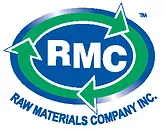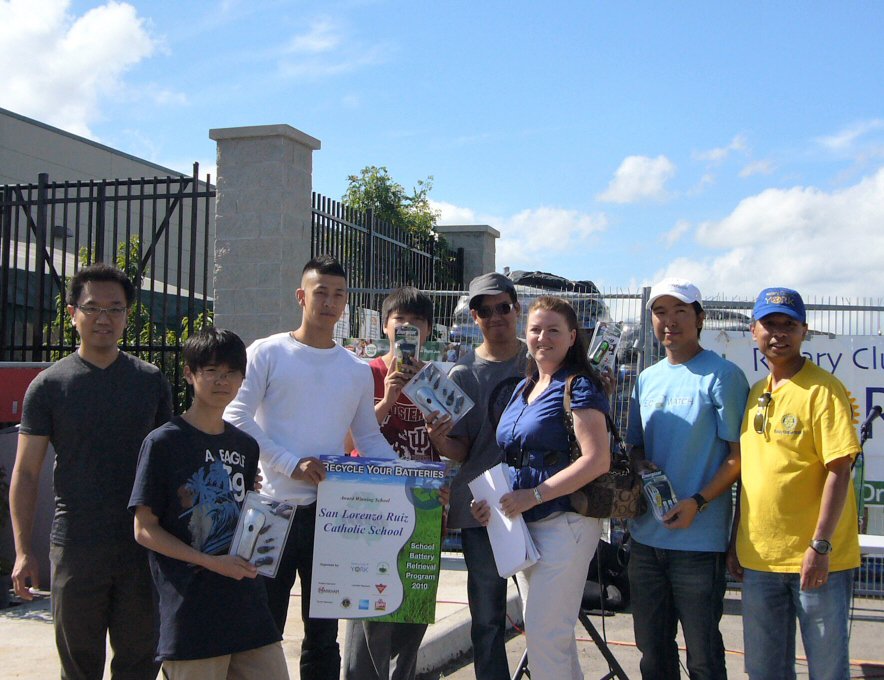Battery Retrieval Program
School Battery Retrieval Program
Batteries and our environment
When batteries run out of energy they often get placed into the trash. Batteries are considered a hazardous waste and therefore should be disposed of correctly.
Once a battery is in the waste stream, it becomes difficult to separate. Consequently, it is sent to landfill with other non-recyclable products. Over time, the battery decomposes and dangerous chemicals seep into the ground, and potentially into our water supplies.
Although dry cell batteries represent less than 1% of municipal solid waste, they are composed of 52% cadmium, a by-product found in rechargeable batteries, and 88% mercury, a poisonous by-product left behind by disposed of batteries.
Canadians understand the importance of protecting the environment. The initiative to maximize recycling and minimize waste has become a valuable responsibility for Canada. Through programs like EcoWatch Canada, we can share the knowledge to help you understand potential hazards that can harm the environment and educate people on how to manage harmful waste through the use of recycling and proper disposal.
School Battery Retrieval Program and Competition
School Battery Retrieval Program and Competition (BRC)
Since the beginning of the competition in November 2009, we are very proud to acknowledge the collection of thousands of pounds of household batteries. Thank you everyone who has participated and supported the cause in preserving a better environment for our children’s future.
Here are some photos of our Battery Retrieval Program Events!






























